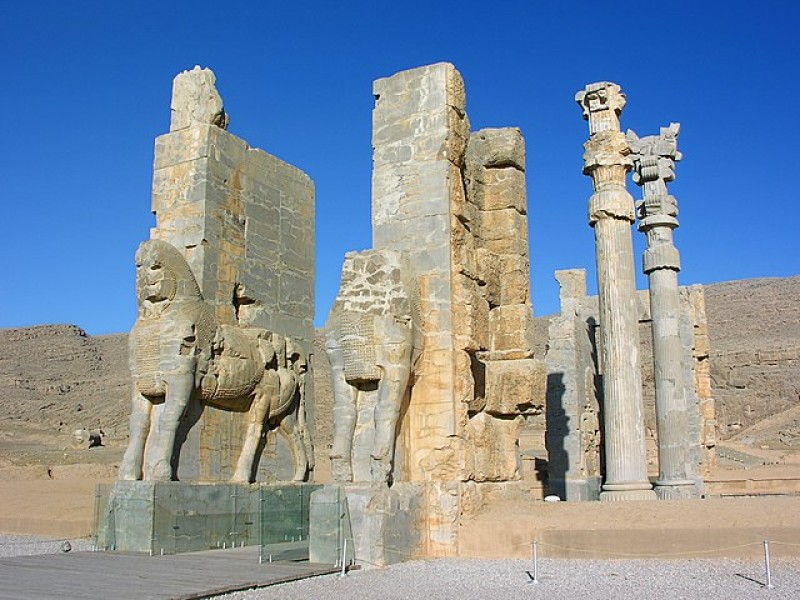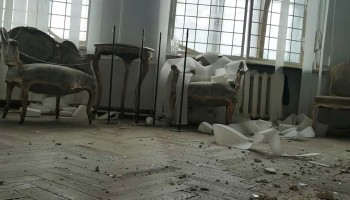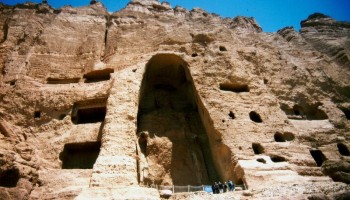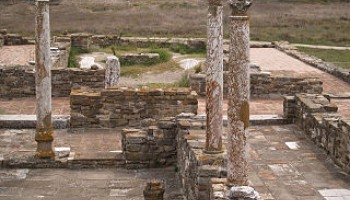Proposed by 46 members of the Majlis, or Iranian parliament, and dubbed the ‘Bill for the Optimal Utilization of Ancient Objects and Treasures,’ the legislation would create a framework for the legal sale of antiquities in Iran. Currently, the only other country in the Middle East which allows a legal – though regulated – antiquities trade is Israel.
The bill’s backers argued that it would not just bring forein cash into the country, but also provide jobs for graduates in field like history, geology and archaeology.
But more than 61 Iranian archaeologists fired back with a joint letter submitted to Mohamed Baqr Qalibaf, the speaker of the Majlis, criticizing the bill.
“Is not the cultural heritage of our beloved country part of our national honor?” the archaeologists wrote. “Which country with a historical background like Iran do you know that has started to exchange its national and cultural (treasure) for currency at auctions?”
Since the letter, many of the bill’s supporters have begun to distance themselves from it, though it still remains on the table.
If passed though, it not just Iran’s own heritage which is at threat, but those of all of it’s neighboring countries.
“If they can simply start trading things openly without needing to prove that the artifacts were acquired legally from other countries, it would become very attractive as a laundering spot,” Sam Hardy, a criminologist who studies antiquities trafficking networks in the Middle East and Eastern Europe told OCCRP.
“Iran serves as a gateway between the Middle East and Central Asia, which has also been a major route for smugglers of all manner of goods for decades,” Katie Paul, the co-founder of the Athar project which tracks the illegal antiquities trade online, told OCCRP. “The new law will not only further threaten Iran’s cultural heritage by incentivizing looters with a local market to sell their finds, but it also provides a new laundering point from material from Afghanistan, Pakistan, India, and other parts of Asia.”
The illegal antiquities trade is a multi-billion dollar global industry according to a 2018 report by Standard Chartered Bank.
In the countries where artifacts are looted, their illegal trade is often a significant funding source for both organized crime and militant groups.
According to Hardy, Iranian backed militias have been involved in trafficking, at least to some extent, elsewhere in the Middle East, like in Syria.
If Iran would pass this bill, “it would also then help all of the Iranian backed organizations that are elsewhere,” he said.
Both Paul and Hardy compared the Iranian bill to extant laws in the state of Israel which allows the trade in antiquities.
“We only need to look to Israel’s legal market in antiquities to see how the market is used to launder artifacts from conflict zones,” Paul said. “Israeli dealers were used to launder the thousands of stolen cuneiform tablets purchased by Hobby Lobby’s CEO for his U.S. museum, and later surrendered to authorities. Israel also has an ongoing battle with looters, which suggests that the market in the country does not make heritage safer and further incentivizes people to loot.”






